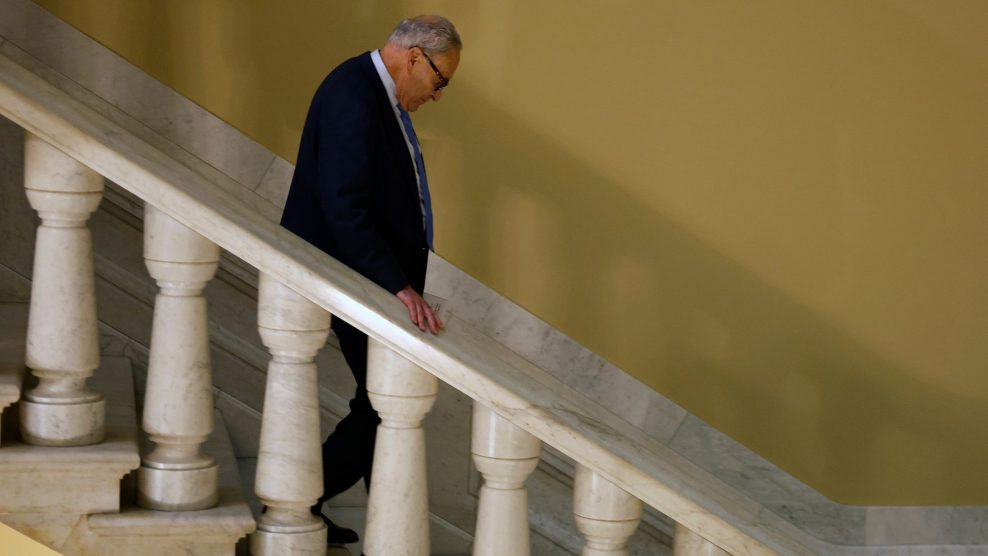Yesterday Senate Majority Leader Harry Reid told reporters that the climate bill may have to wait till next year—which in Senate-speak means it’s basically dead till 2010. What did the White House have to say about this? After all, a congressionally approved plan to cut US emissions is key to the success of international climate talks in Copenhagen this December. David Corn asked White House press secretary Robert Gibbs about the delay yesterday at the daily press briefing. And Gibbs couldn’t come up with much of a response:
Well, I obviously haven’t seen Senator Reid’s comments. I know the House took important legislative action earlier in the year. Senator Kerry and Senator Boxer are working on a proposal in the Senate. The President will take part in Ban Ki-moon’s discussion on climate next week at the U.N. And we hope to continue to make progress leading up to Copenhagen, understanding that we are one part of what has to happen internationally, and understanding that we are working through years and years of an issue that hasn’t been at the forefront of many different agendas here in the White House. We’re seeking to change that, and we have no doubt that that will take some time.
But is the delay a setback? Gibbs again:
No, I think we can continue to make progress. We’ve got to make progress, and the international community has got to make progress getting China and India and developing nations and evolving world economies like Brazil on board. This is not just a one-country solution. There has to be an international effort to address this.
It’s hard to see how the administration can “make progress”—either on cutting back emissions or persuading other countries to do so—without any actual legislation. About the only other option it has is to crack down harder on greenhouse gas emissions via EPA regulations. Over at Grist, David Roberts has a really handy primer on the possibilities and limits of this approach.
















